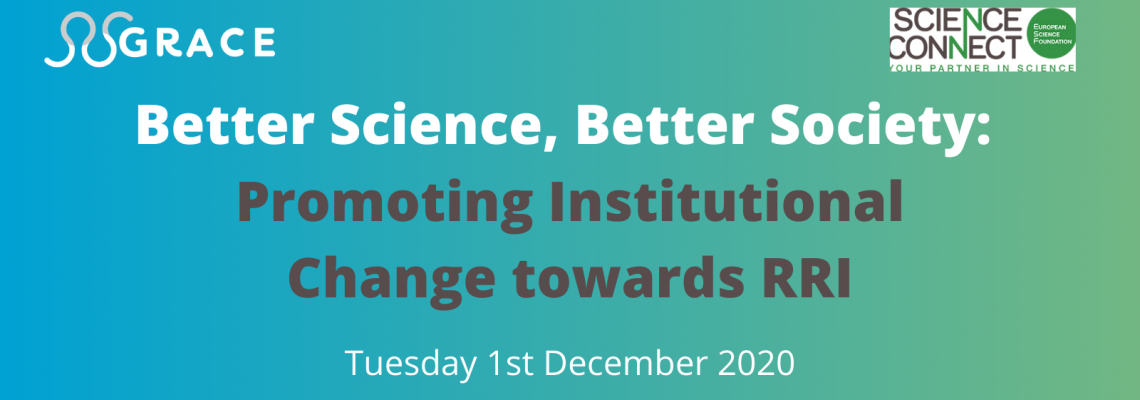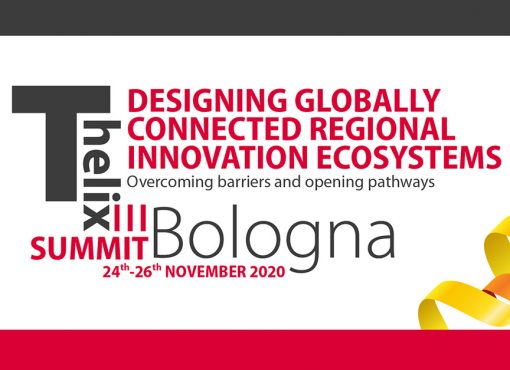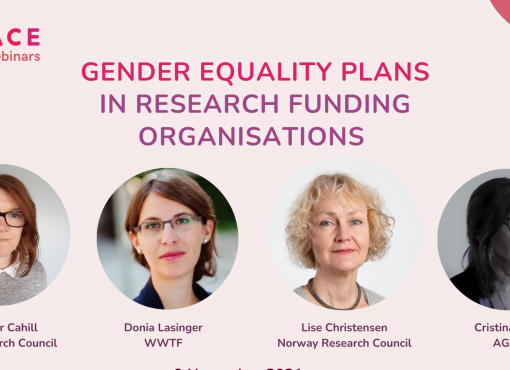
ESF workshop: how RRI benefits to RFPOs
On 1st December, the European Science Foundation gathered some 50 stakeholders from the quadruple helix (Government, Academia, Industry and Civil society) for a webinar on Responsible Research and Innovation and its potential benefits to research and innovation ecosystem “Better Science, Better Society: Promoting Institutional Change towards RRI”.
Experts on the field and organisations actively pursuing institutional change shared their views and experiences on the process, with a special focus and practical examples on Research Ethics and Integrity, and Gender Equality pillars.
RRI and instiutional change
After a presentation of the European Science Foundation by its CEO Nicolas Walter, the basic outlines of the GRACE Project were introduced by the project coordinator Ildiko Ipolyi. Then, Zoya Damianova and Marko Hajdinjak from the Applied Research and Communications Fund introduced the general concept of RRI and Institutional Change.
“A good way to overcome obstacles in implementing RRI is to have a RRI champion in the organisation dedicated to keep this issue going, as well as having endorsement from management” replied Marko Hajdinjak to the question on how to efficiently implement RRI.
Eugenia Vilarchao then gave a practical example of how the European Science Foundation was going about bringing institutional change. After implementing different Grounding Actions in the areas of gender equality, research integrity and open research, they’ll be working on an eight-year roadmap. “Implementing RRI is a bottom-up as well as a top-down process!“ she reminded the audience. Discover the Grounding Actions the ESF is developing here
Gender Equality
The second session of the webinar was dedicated to two specific RRI keys: gender equality and research ethics and integrity. Maria Sangiuliano from Smart Venice gave much appreciated insight on gender equality actions in Europe, going through the main improvements in EU-policy of the last two decades. She presented the main stakeholders and H2020 projects that help fostering Institutional Change in Gender Equality.
Gender Equality plans and monitoring processes will become a requirement for all Research organisations applying to Horizon Europe funds, though there will be a transitioning period and most likely these requirements will start running on 2022
Research Integrity
Jeanne Mifsud Bonnici concluded the webinar by sharing her experience in developing research integrity and ethics at the Law Department of the University of Groningen. She described the differences between integrity and ethics, and reflected about the origin of the responsibility of the researchers.
Replay
Are you curious? Watch the recording of the webinar !

